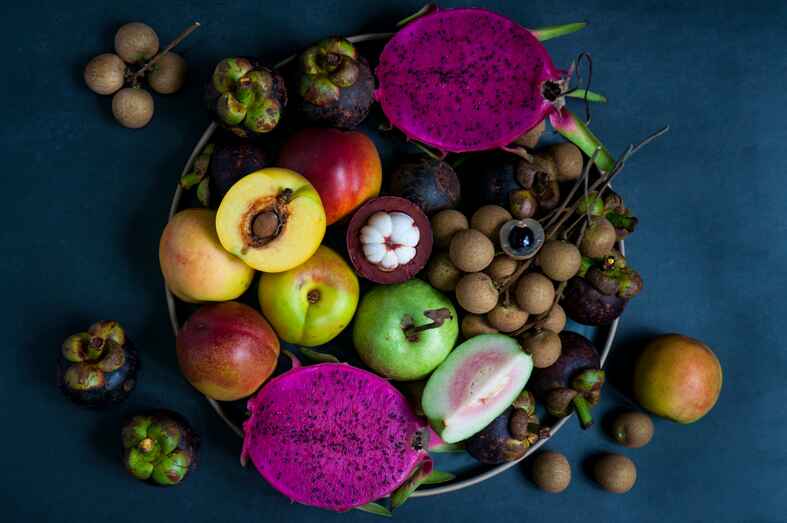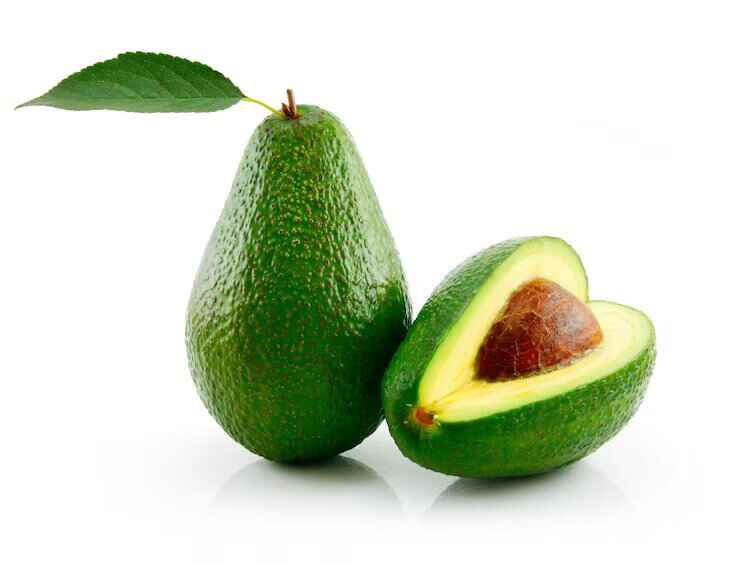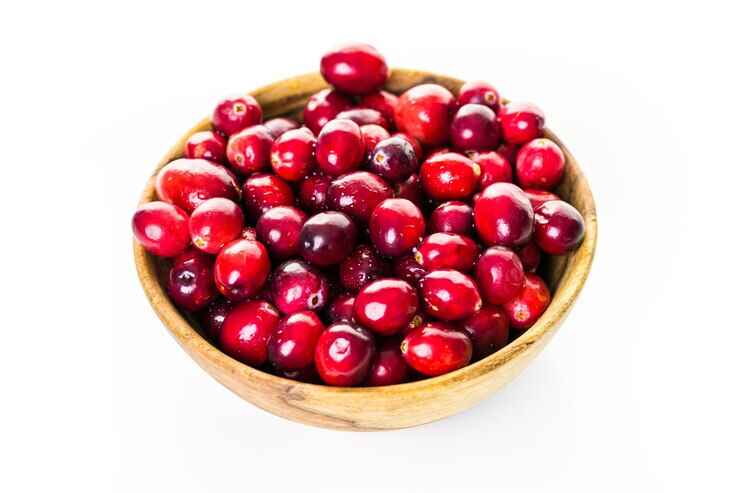The Most Expensive Fruits in India

Unveiling the Gems: Exploring India’s Most Expensive Fruits
When we think of fruits, the first thing that comes to mind is usually a fresh, juicy treat that is both delicious and affordable. However, in India, there exists a whole other world of exotic and pricey fruits that can cost as much as a lavish meal at a five-star restaurant. This isn’t just about taste – it’s about rarity, cultivation efforts, and sometimes, the luxury of indulgence. Today, let’s unravel the mystery behind some of the most expensive fruits found across this vibrant land.
A Peek into the Luxury Fruit Basket
India’s agricultural diversity allows it to be a significant player in the global fruit market, but there are several fruits that rise above the usual offerings in terms of cost. These fruits are often considered as luxury items and are cherished by those who can afford them.
1. The Regal Ruby: Saffron Mango
Origin and Rarity
The Saffron Mango, also known as Noorjahan mango, is one of the rarest mango varieties found in the orchards of Madhya Pradesh. The fruit has a deep saffron-colored flesh and is famous for its extraordinary size and sweet flavor. It is said that the Noorjahan can weigh up to 3 kilograms each.
Native to Gujarat, Kesar mangoes are famous for their saffron-colored pulp and sweet taste. While not as expensive as their Japanese counterparts, premium Kesar mangoes can still command high prices, often reaching ₹1,000 to ₹2,000 per dozen during peak season.
Why the High Price?
-
Limited Production: These mangoes are harvested in very small quantities.
-
Unique Taste and Texture: The distinctive, rich flavor sets it apart from other mango varieties.
2. Heart of Gold: The Taiyo no Tamago Mango
Exquisite Import
Originally from Japan, the Taiyo no Tamago (Egg of the Sun) is now cultivated in limited batches in parts of West Bengal and Maharashtra. This particular variety must weigh at least 350 grams and have a high sweetness level to qualify for its name, which significantly reduces the number of fruits per tree.
Luxurious Price Factors
-
Stringent Quality Standards: Each fruit is meticulously cared for, ensuring perfect size, weight, and sweetness.
-
Scarce Availability: The rigorous standards mean that only a few make it to the market as “Taiyo no Tamago”.
3. The Purple Marvel: Purple Mangosteen
Tropical Rarity
The Purple Mangosteen is often referred to as the “queen of tropical fruits.” Native to Southeast Asia, it is now also grown in regions like Kerala and Karnataka but remains one of the costliest fruits due to its growing conditions and flavor profile.
Cost Influencers
-
Cultivation Challenges: Requires specific climate conditions.
-
Import Costs: High import costs add to its price when brought from other Southeast Asian countries.
4. Buddha’s Hand (Fingered Citron)
Buddha’s Hand is an unusual citrus fruit known for its finger-like segments. It is not only prized for its unique appearance but also for its aromatic rind, which is used in culinary and medicinal applications. In India, Buddha’s Hand can cost around ₹10,000 per kilogram, primarily due to its rarity and exotic appeal.
5. Dragon Fruit

Also known as Pitaya, dragon fruit is an exotic fruit with vibrant pink skin and white or red flesh speckled with tiny black seeds. Grown mainly in tropical regions, dragon fruit can be priced between ₹400 to ₹600 per kilogram in India. Its high price is due to its health benefits and the intricate process of cultivation.
6. Avocado

Though not native to India, avocados have become increasingly popular for their creamy texture and health benefits. Imported varieties and locally grown avocados can be quite pricey, ranging from ₹300 to ₹500 per kilogram. The high cost is attributed to their growing popularity and limited local production.
7. Rambutan
Rambutan is a tropical fruit known for its hairy exterior and juicy, sweet flesh. It is primarily imported to India, which makes it one of the more expensive fruits, costing around ₹800 to ₹1,200 per kilogram. Its exotic nature and limited availability contribute to its high price.
8. Langsat
Langsat, also known as Lanzones, is a tropical fruit that is sweet and slightly tart. It is mainly imported from Southeast Asian countries, and in India, it can cost between ₹800 to ₹1,000 per kilogram. The cost is driven by its rarity and the complex logistics of importing perishable fruits.
9. Cherry

Fresh cherries, particularly the premium varieties imported from countries like the USA and Turkey, can be quite expensive in India. Prices can range from ₹800 to ₹1,500 per kilogram. The high cost is due to the delicate nature of cherries and the challenges associated with their transport and storage.
10. Blueberries

Blueberries are renowned for their antioxidant properties and health benefits. Most blueberries available in India are imported, which drives up the price to around ₹1,200 to ₹2,000 per kilogram. Their high price is a reflection of their superfood status and the costs associated with importing them from countries like the USA and Canada.
Decoding the Economics Behind the Price Tags
Understanding why these fruits are so costly isn’t just about knowing where they come from or their rarity. Several factors play a critical role in determining their final market price:
Logistics and Care
The transportation and care needed to ensure that these fruits reach the market in perfect condition can be extensive. Special packaging and controlled temperatures are crucial, adding to the overall costs.
Market Demand and Consumer Willingness
Often, the demand for these exotic fruits comes from a niche market segment that values rarity and exclusivity over price. This consumer base is willing to pay a premium, influencing the high cost.
The Experiential Slice: Who Buys These Fruits?
You might wonder who spends such a hefty amount on fruits. Buyers typically include:
-
Wealthy fruit enthusiasts who enjoy trying different and uncommon fruits.
-
Luxury hotels and restaurants that use these fruits as special ingredients to attract customers.
-
Individuals looking to gift something unique and lavish.
Beyond the Price: Health Benefits
Apart from their exclusivity, these fruits are also prized for their health benefits. For instance, mangosteens are known for their antioxidant properties, while special mango varieties are rich in vitamins and minerals. These health benefits offer further justification for the high price tags.
A Fruitful Investment?
Investing in such expensive fruits might sound implausible to some, but it reflects a broader trend where consumers are willing to spend on unique and high-quality products. This trend also encourages farmers to adopt more sustainable and quality-focused farming practices, potentially leading to better overall produce quality.
Conclusion: The Lure of Luxe Fruition
While not everyone might choose to splurge on these pricey delicacies, the existence of such expensive fruits highlights India’s rich, diverse agriculture and the changing dynamics of consumer interests. Whether you see them as a curious extravagance or a worthwhile indulgence, these luxurious fruits undeniably add a fascinating layer to India’s culinary narrative.
In exploring these costly natural gems, we not only appreciate the gastronomical delights they offer but also recognize the effort, care, and passion that go into cultivating them. So, next time you hear about a fruit that costs more than a typical meal, remember there’s a whole story of luxury, labor, and love behind it.